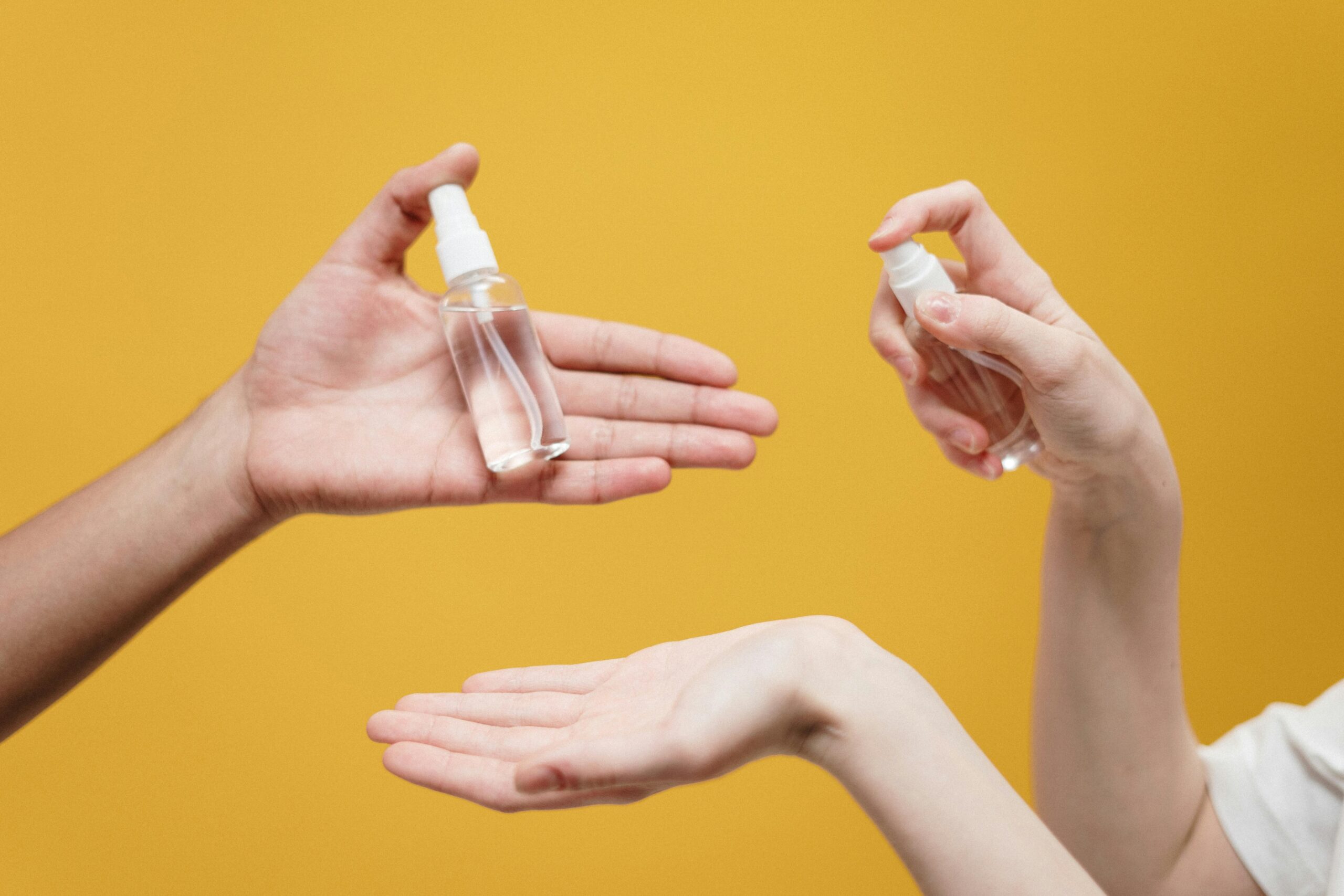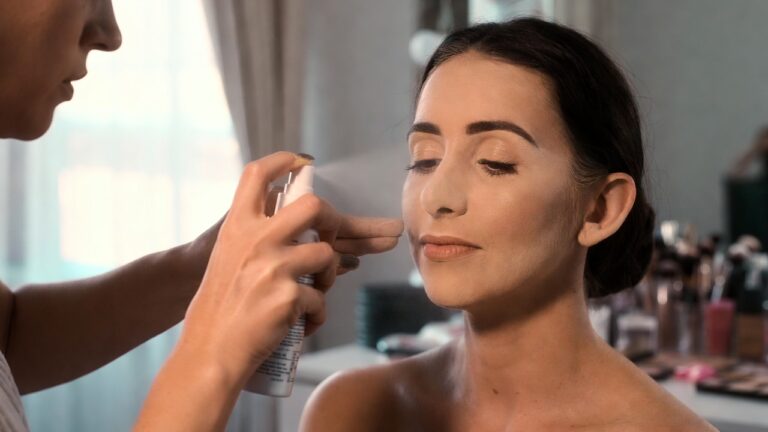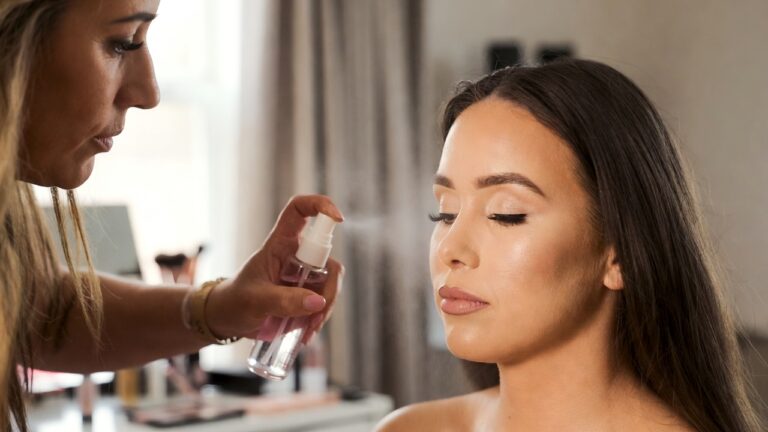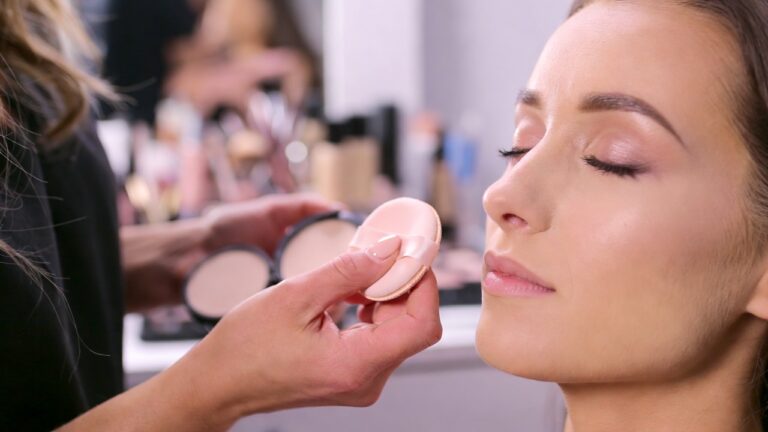Cleaning your makeup brushes regularly is essential to maintaining healthy skin and flawless makeup application. While store-bought brush cleansers can be effective, they’re often expensive and filled with chemicals. Fortunately, making your own DIY makeup brush cleansing spray is simple, affordable, and customizable. This guide will walk you through the benefits, recipes, and tips for creating your own cleansing sprays at home.
Why Cleaning Your Makeup Brushes is Important
Dirty makeup brushes accumulate product residue, oils, and bacteria over time. Using unclean brushes can lead to skin irritation, clogged pores, and breakouts. Regular cleaning not only helps maintain skin health but also extends the lifespan of your brushes and ensures smooth, even makeup application.
Key Ingredients for DIY Makeup Brush Cleansing Sprays
Creating a DIY cleansing spray requires only a few basic ingredients that are easy to find and safe to use. Here are some essential components:
1. Distilled Water
Distilled water is free from impurities and ensures your cleansing spray remains fresh for longer. It’s a crucial base for any DIY recipe.
2. Isopropyl Alcohol
Isopropyl alcohol effectively disinfects brushes by killing bacteria. Use a concentration of 70% or higher for optimal results.
3. Gentle Soap or Baby Shampoo
Mild cleansers help break down makeup residue without damaging the bristles. Baby shampoo or sulfate-free soaps work best.
4. Essential Oils (Optional)
Essential oils like tea tree oil add antibacterial properties, while lavender or citrus oils provide a pleasant scent. Use sparingly to avoid overpowering fragrances.
5. Glycerin (Optional)
Glycerin conditions brush bristles, keeping them soft and preventing dryness.
How to Make DIY Makeup Brush Cleansing Sprays
Here are two simple recipes you can try at home:
Recipe 1: Basic Cleansing Spray
Ingredients:
- 1 cup distilled water
- 2 tablespoons isopropyl alcohol
- 1 teaspoon gentle soap or baby shampoo
Instructions:
- Combine all ingredients in a spray bottle.
- Shake well to mix.
- Spray directly onto brush bristles, avoiding the handle.
- Wipe the brush on a clean towel to remove makeup residue.
- Let the brushes air-dry completely before use.
Recipe 2: Conditioning Cleansing Spray
Ingredients:
- 1 cup distilled water
- 1 tablespoon isopropyl alcohol
- 1 teaspoon gentle soap or baby shampoo
- 1 teaspoon glycerin
- 2 drops tea tree oil
Instructions:
- Mix all ingredients in a spray bottle.
- Shake thoroughly to blend.
- Lightly mist your brushes and gently rub the bristles on a tissue or towel.
- Allow brushes to dry naturally, preferably with the bristles facing downward.
Tips for Effective Brush Cleaning
- Clean Brushes Weekly: Regular cleaning prevents buildup and keeps brushes in optimal condition.
- Avoid Over-Saturating Brushes: Too much liquid can loosen the glue holding bristles in place.
- Store Brushes Properly: Keep brushes in a clean, dry area to prevent bacteria growth.
- Test on a Small Area First: If using essential oils, test the mixture on a small area of your brush to ensure compatibility.
Benefits of DIY Makeup Brush Cleansing Sprays
Affordable and Cost-Effective
DIY sprays use inexpensive ingredients, saving you money in the long run. Most recipes cost a fraction of store-bought options.
Customizable
You can tailor your cleansing spray to suit your needs. Adjust the ingredients to match your skin type or add your favorite essential oils for a personalized touch.
Eco-Friendly
Homemade sprays reduce plastic waste, as you can reuse the same spray bottle multiple times.
Safe and Gentle
DIY sprays avoid harsh chemicals, making them safe for sensitive skin and gentle on brush bristles.
Conclusion
Keeping your makeup brushes clean doesn’t have to be expensive or complicated. With a few simple ingredients, you can create your own effective and gentle cleansing sprays. These DIY solutions not only protect your skin but also extend the life of your brushes. Start crafting your custom cleansing spray today and enjoy a cleaner, healthier beauty routine.
Frequently Asked Questions (FAQs)
1. How often should I clean my makeup brushes?
It’s recommended to deep-clean your brushes weekly and use a cleansing spray after each use to remove surface residue.
2. Can I use regular tap water for the spray?
Distilled water is preferred, as it’s free from impurities and helps maintain the spray’s freshness.
3. Is it safe to use isopropyl alcohol on brushes?
Yes, isopropyl alcohol disinfects brushes effectively. Just ensure it’s diluted and used sparingly to avoid drying out the bristles.
4. Can I skip the essential oils in the recipe?
Absolutely. Essential oils are optional and primarily added for antibacterial properties and fragrance.
5. How do I store my DIY cleansing spray?
Keep the spray in a cool, dry place, away from direct sunlight. Ensure the bottle is sealed tightly to prevent contamination.



